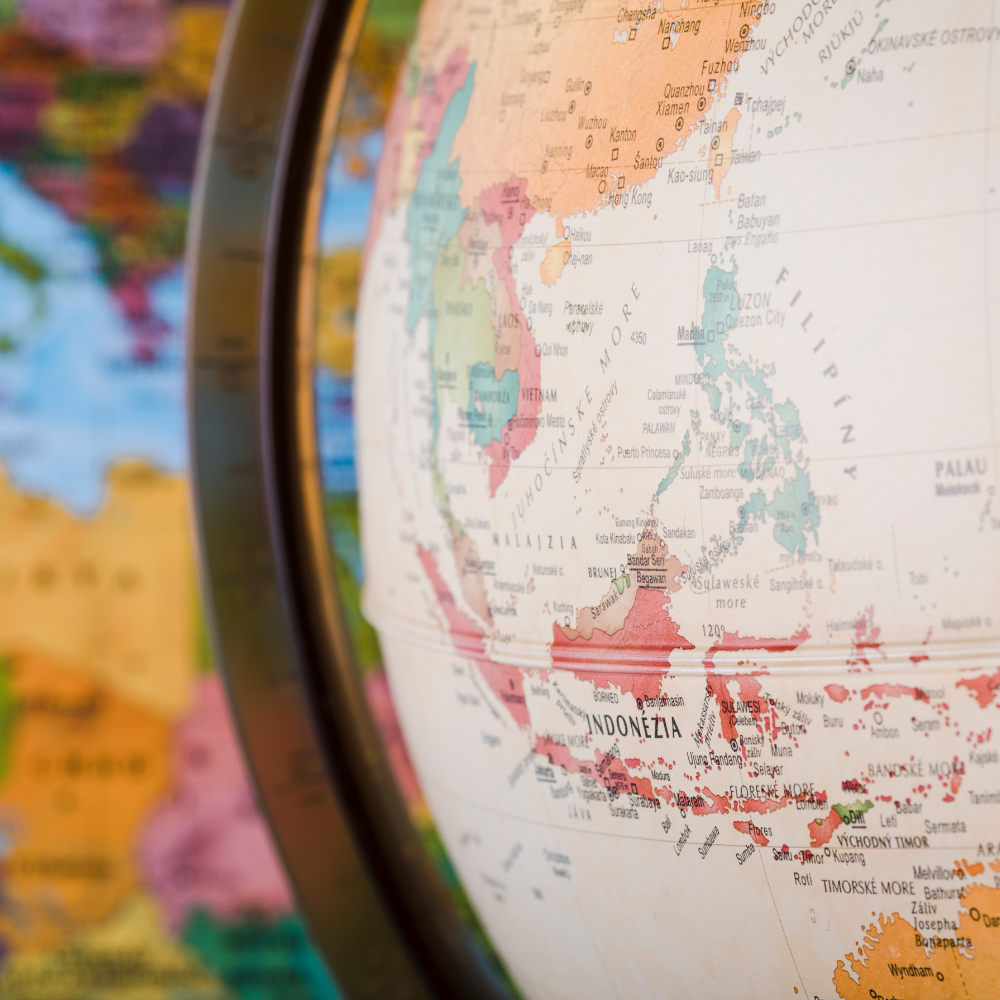Thailand deports dozens of Uyghurs to China amid concerns
Thailand has deported at least 40 Uyghurs to China, Thai authorities confirmed, despite concerns from rights groups that they could face torture, enforced disappearance, or even death upon return. The group is believed to have been flown back to China’s Xinjiang region on Thursday after spending a decade in a Bangkok detention center.
The move marks Thailand’s first deportation of Uyghurs since 2015 and has been shrouded in secrecy. Sources indicate that several trucks, with their windows covered in black plastic, transported the detainees from the detention center in the early hours of Thursday. Hours later, an unscheduled China Southern Airlines flight departed from Bangkok and landed in Xinjiang. While it remains unclear exactly how many were on board, Thai authorities later confirmed that 40 individuals had been sent back.
Thai officials justified the deportation by stating that the detainees had been held for over ten years without any third country offering to accept them, including Turkey, which has previously granted asylum to Uyghurs. Eight Uyghurs remain in Thailand, five of whom are serving jail terms for offenses committed while in detention.
During a recent visit to China, Thai Prime Minister Paetongtarn Shinawatra reportedly received assurances that the deportees would be treated well upon their return. However, when questioned by reporters on Thursday, she initially avoided confirming that the deportations had taken place, stating only that all government actions must adhere to legal principles, international procedures, and human rights.
Beijing, for its part, described the deported group as “Chinese illegal immigrants” but did not confirm their Uyghur identity. The Chinese foreign ministry stated that the repatriation was conducted in accordance with the laws of both China and Thailand, as well as international legal standards. Meanwhile, Chinese state media claimed that the individuals had been “bewitched” by criminal organizations and were stranded in Thailand after illegally leaving China.
The deported group was part of a larger group of over 300 Uyghurs who fled repression in Xinjiang and were detained at the Thai border in 2014. While many were later sent to Turkey, others were forcibly returned to China in 2015, sparking international outcry. The detention center where they were held was reportedly overcrowded and unsanitary, and at least five Uyghurs died in custody.
International human rights organizations have strongly condemned the deportations. Human Rights Watch denounced Thailand’s actions as a blatant violation of its legal obligations, warning that the deported individuals now face a high risk of torture, imprisonment, and enforced disappearance.
Amnesty International described the move as “unimaginably cruel,” while the Asia Human Rights and Labour Advocates (AHRLA) group accused the Thai government of aiding China’s transnational repression.
The deportations have also drawn condemnation from Western governments. US Secretary of State Marco Rubio urged all nations to protect Uyghurs from forced repatriation, accusing China of genocide and crimes against humanity against the predominantly Muslim group. The United Nations, European Union, and UK Foreign Secretary David Lammy also expressed deep regret over Thailand’s decision.
The Uyghurs, an ethnic minority in China’s Xinjiang region, have faced increasing repression from Beijing, including mass surveillance, forced labor, and cultural suppression. Rights groups and Western governments continue to accuse China of human rights abuses in the region, allegations that Beijing consistently denies.










